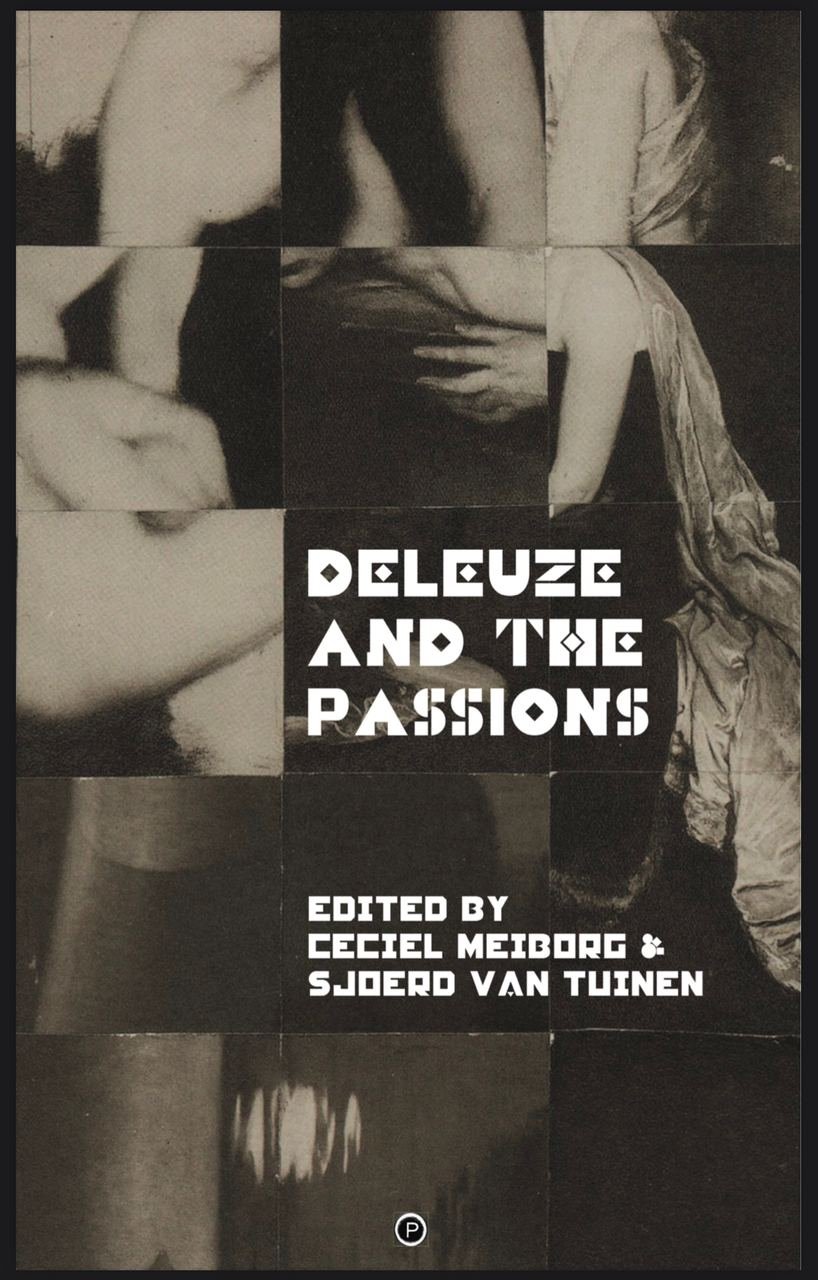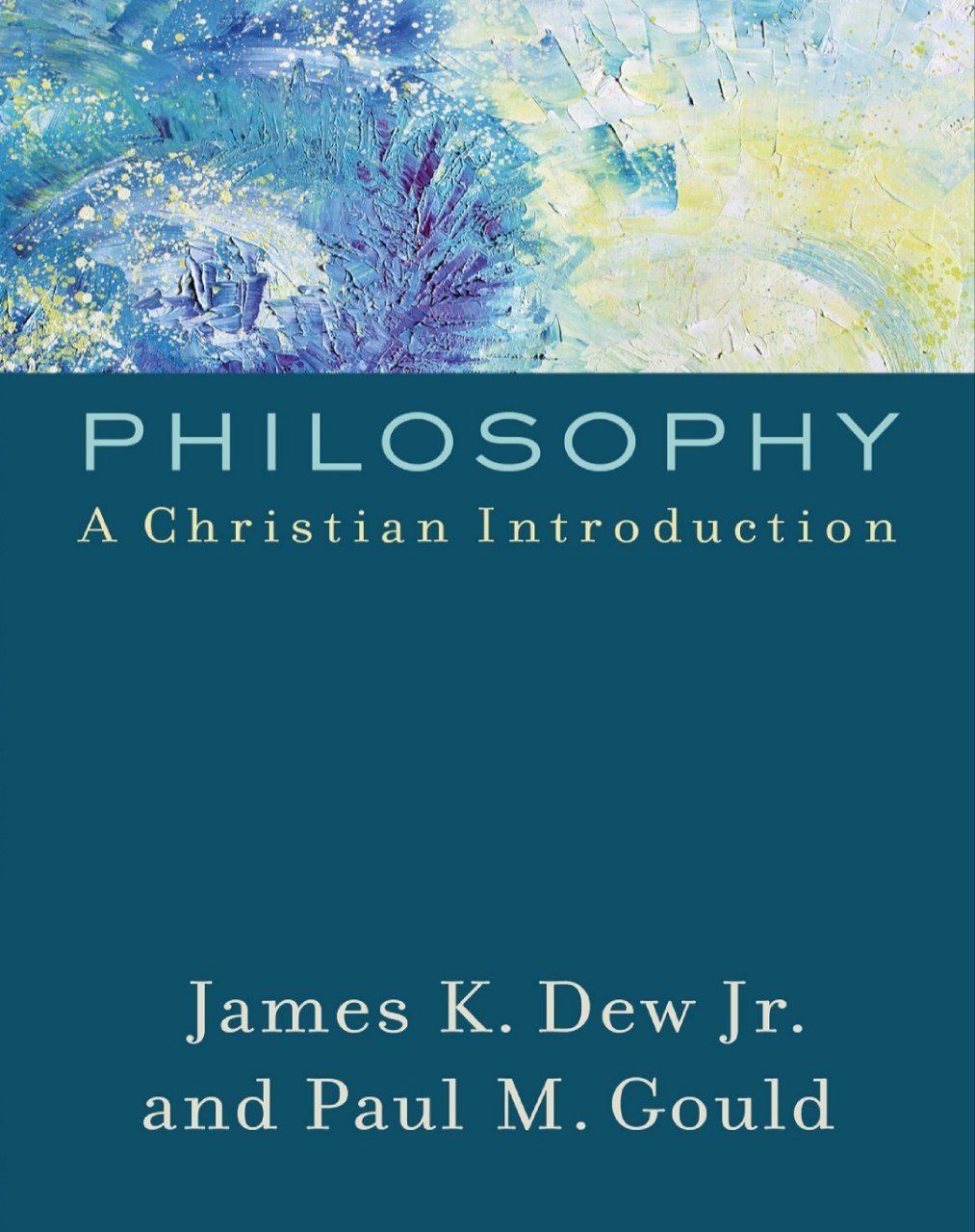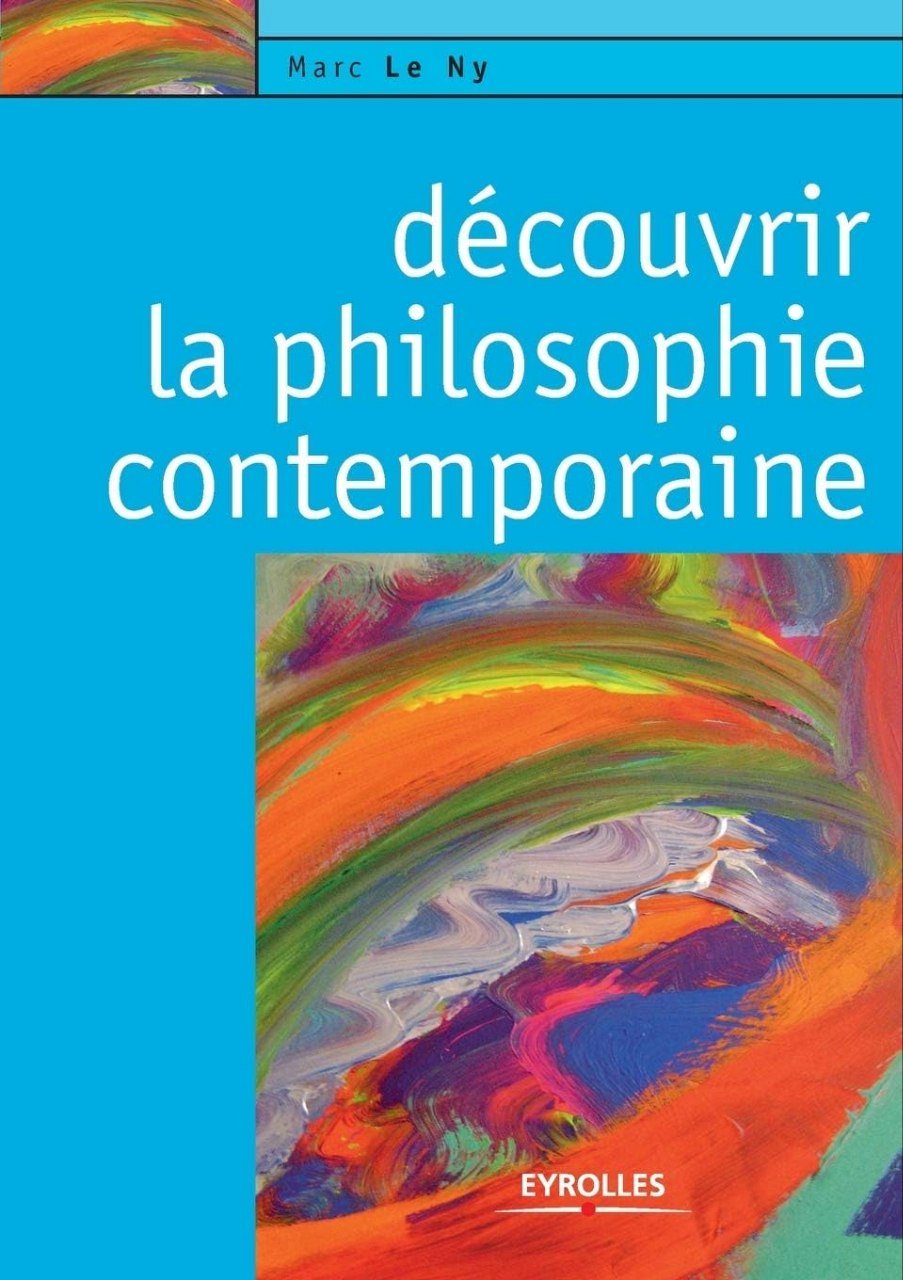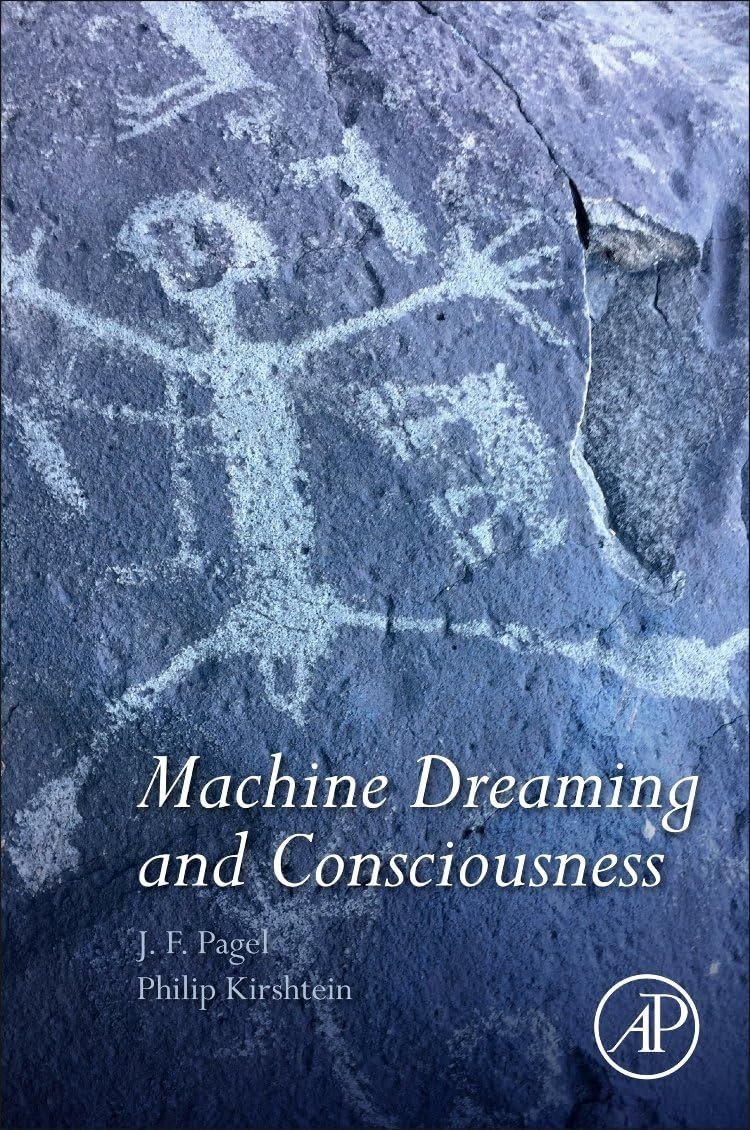

The Seminar of Jacques Lacan, Book XIV
Reviews
No review yet. Be the first to review this book!
Description
The Seminar of Jacques Lacan, Book XIV: The Logic of Phantasy (1966-1967) is a crucial text in Lacan's development of his psychoanalytic theory, where he expands upon his understanding of the relationship between the subject, the unconscious, and the concept of phantasy (or fantasy). This seminar is pivotal in understanding Lacan's theory of the imaginary, his views on the formation of the ego, and the ways in which unconscious processes shape human experience. Key Themes and Concepts: Phantasy as the Structure of the Unconscious: Lacan’s primary focus in this seminar is on the concept of phantasy. For Lacan, phantasy is not just a series of daydreams or idle fantasies but represents a fundamental structure of the unconscious. Phantasy is the organizing principle of how the subject perceives and makes sense of the world. It serves as a mediating structure between the subject's unconscious desires and their interaction with the external world. Phantasy is not about wish fulfillment as Freud suggested but is closely tied to how the subject constructs their reality and understands their own identity. The Role of the Imaginary: Lacan revisits his earlier work on the Imaginary Order, which he previously explored in his famous theory of the mirror stage. Phantasy is connected to the Imaginary because it involves the way the subject imagines or constructs an image of themselves in relation to others. However, phantasy goes beyond just the visual, incorporating elements of desire and lack. Lacan emphasizes that phantasy is essential in understanding how the subject relates to both their own image and their relationship with the Other (another person, the social order, etc.). The Mirror Stage and the Imaginary Ego: Lacan returns to the mirror stage to explore how the ego is formed through the process of identification with an external image. However, in this seminar, he moves beyond the basic idea of the mirror stage to argue that the ego is fundamentally constituted by phantasy. The image of the self that the subject identifies with is not stable or fixed but is contingent upon a continuous process of phantasy. The subject’s ego is therefore an imaginary construct, constantly fluctuating between different representations of the self and the unconscious desires that underpin them. The Phantasy and Desire: Phantasy, for Lacan, is intimately connected with desire. Desire is not simply a conscious wish or need but is structured by the unconscious and is directed toward what Lacan calls the objet petit a (the small object a). This objet petit a is the unattainable object of desire that the subject endlessly pursues but can never fully obtain. Phantasy shapes the subject’s desire by creating a scenario or narrative that organizes their desires around this unattainable object. This narrative becomes central to the subject’s understanding of their own lack and is fundamental in the creation of subjective meaning. The Phantasy and the Other: Lacan emphasizes that phantasy is not just about an internal world of the subject but is always in relation to the Other. The Other, in Lacan's terms, represents the symbolic order—the social, linguistic, and cultural structures that govern human life. The subject’s phantasy is always shaped by how they imagine their relationship to the Other and how the Other perceives them. In this sense, phantasy plays a crucial role in structuring the subject’s social existence and the way they navigate the demands and expectations of society. The Symbolic and the Phantasy: Lacan explores how phantasy operates in the symbolic order, particularly in the context of language. Language is the medium through which the subject communicates with the Other, and phantasy is the framework through which language is understood and interpreted. Phantasy structures the way language is used to articulate desire, and it influences the subject's ability to make sense of their own desires and their position in the symbolic order. The Phantasy and the Analyst: In psychoanalysis, the analyst’s role is to help the subject understand their phantasy, as phantasy is what organizes and shapes their symptoms. By interpreting the subject's phantasy, the analyst can help the subject recognize the underlying desires and unconscious structures that govern their behavior. Lacan stresses that the analyst's intervention should be aimed at helping the subject confront the logic of their phantasy and move beyond it to achieve a deeper understanding of themselves and their relationships. The Importance of the Concept of "The Thing" (Das Ding): Lacan also revisits the concept of the Thing (Das Ding), which was introduced earlier in his work. The Thing represents the Real, that which cannot be symbolized or fully represented. Phantasy, in Lacan’s view, is structured around the impossible encounter with the Thing—the object of desire that is always beyond reach. This lack or absence at the core of phantasy is what drives the subject's continuous search for meaning and fulfillment. Conclusion: The Seminar of Jacques Lacan, Book XIV: The Logic of Phantasy (1966-1967) is an essential text for understanding Lacan’s approach to the unconscious, desire, and the formation of subjectivity. Phantasy, in Lacan's framework, is not just a passive mental process but an active and structuring force that shapes the subject’s identity, their ego, and their relationships with others. By examining phantasy as a central organizing principle of the unconscious, Lacan provides a deep understanding of how the subject’s desires are formed and how they engage with the symbolic and social world around them. The seminar challenges traditional psychoanalytic ideas and offers a new lens through which to view the complex workings of the human psyche.




























.jpg)


.jpg)

.png)


.jpg)

.jpeg)






.jpeg)



.jpg)



.jpeg)
.jpeg)







.jpg)






.jpg)
.jpg)
.jpeg)





.jpg)





























































